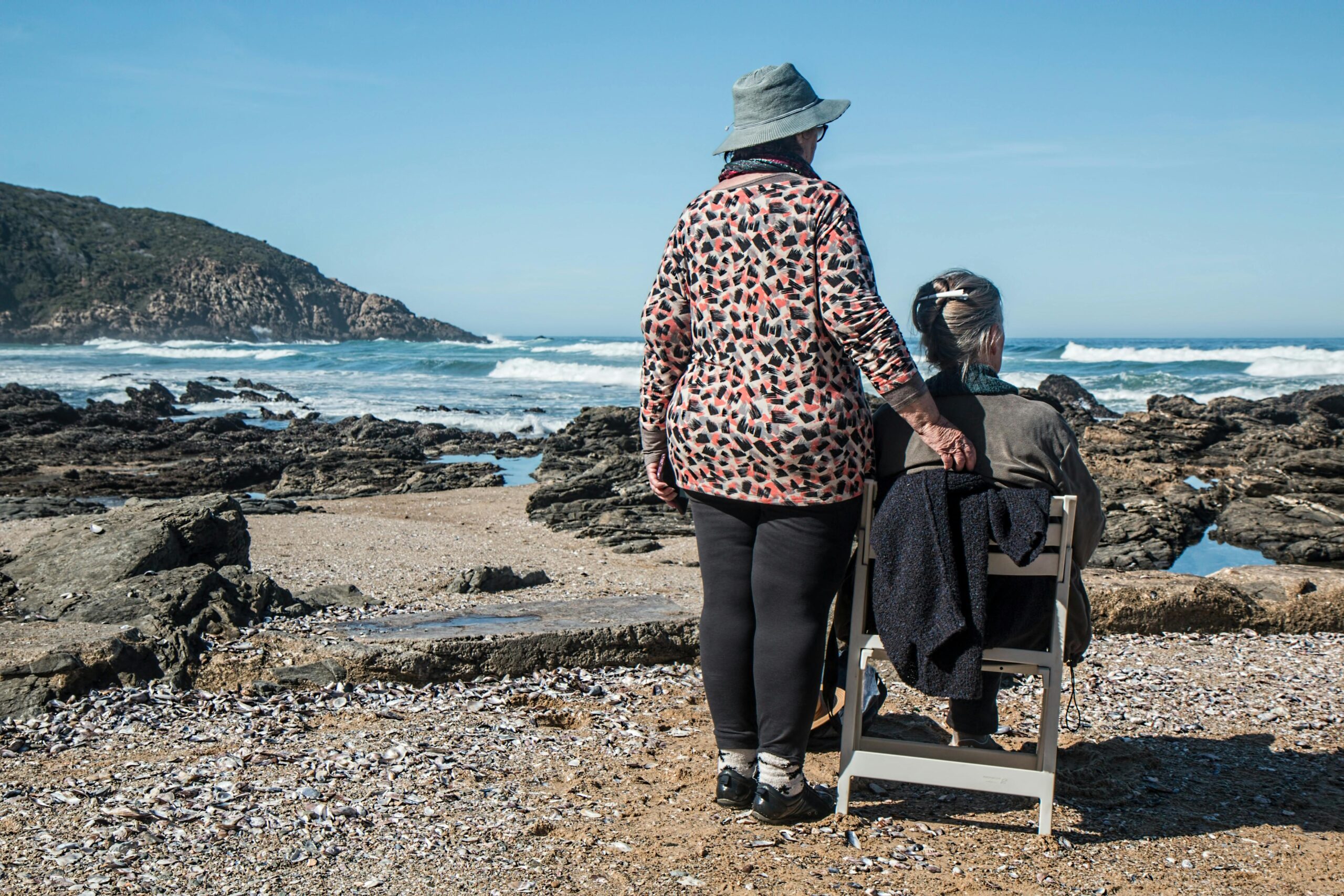In the ever-evolving landscape of medicine, bioethics stands as a critical discipline, guiding decisions that balance scientific progress with moral considerations. While the field has long been dominated by male voices, the contributions of women have been instrumental in shaping ethical standards in medicine. These pioneers have not only challenged the status quo but also enriched the field with diverse perspectives, ensuring that ethical frameworks reflect the complexities of human life and dignity.
Early Contributions: Laying the Groundwork
The history of bioethics is incomplete without acknowledging the early contributions of women like Florence Nightingale and Elizabeth Blackwell. Nightingale, often remembered for her role in modern nursing, was also a fierce advocate for patient rights. She emphasized the importance of ethical care, insisting that medical decisions should prioritize the well-being and autonomy of patients. Her work laid the foundation for the later development of bioethical principles, particularly the emphasis on beneficence and non-maleficence.
Elizabeth Blackwell, the first woman to receive a medical degree in the United States, also made significant strides in medical ethics. She was a proponent of preventive medicine and public health, advocating for ethical practices in patient care that were both compassionate and scientifically sound. Her pioneering efforts in medicine and her ethical stance on issues such as abortion and contraception paved the way for future discussions on women’s health rights and reproductive ethics.
The Emergence of Modern Bioethics: A Feminist Perspective
The 20th century witnessed the formalization of bioethics as a distinct field, with women playing crucial roles in its development. One of the most prominent figures is Anne Fadiman, whose work as a writer and cultural commentator brought to light the ethical complexities of cross-cultural medical practices. Her book, The Spirit Catches You and You Fall Down, is a seminal text in bioethics, illustrating the moral dilemmas that arise when Western medicine intersects with non-Western cultural beliefs. Fadiman’s work highlighted the need for cultural sensitivity in bioethical discussions, advocating for an inclusive approach that respects diverse perspectives.
Another key figure is Ruth Macklin, a bioethicist who has been instrumental in advancing the field of reproductive ethics. Macklin’s work has focused on the ethical implications of reproductive technologies, including in vitro fertilization (IVF), surrogacy, and genetic engineering. She has been a vocal advocate for women’s reproductive rights, arguing that ethical standards in medicine must prioritize autonomy and informed consent. Macklin’s feminist perspective has enriched bioethics, ensuring that ethical discussions consider the unique challenges faced by women in healthcare.
Contemporary Voices: Leading the Charge
Today, women continue to lead in the field of bioethics, addressing some of the most pressing ethical issues in medicine. Harriet Washington, a medical ethicist and author, has been a powerful voice in exposing the historical and ongoing exploitation of marginalized communities in medical research. Her book, Medical Apartheid, is a groundbreaking work that chronicles the unethical medical experimentation on African Americans throughout history. Washington’s work has been crucial in shaping ethical standards that prioritize justice and equity in medical research, ensuring that the rights of vulnerable populations are protected.
Similarly, Anita Silvers, a philosopher and bioethicist, has made significant contributions to the ethics of disability. Silvers has challenged traditional notions of disability, advocating for a more inclusive approach to bioethics that recognizes the rights and dignity of individuals with disabilities. Her work has influenced policy discussions on healthcare access, disability rights, and end-of-life care, ensuring that ethical standards in medicine are not only just but also compassionate.
The Future of Bioethics: A Call for Continued Advocacy
As we look to the future, the contributions of women in bioethics will continue to be vital in shaping ethical standards in medicine. The field faces new challenges, from the ethical implications of artificial intelligence in healthcare to the moral questions surrounding gene editing technologies like CRISPR. Women bioethicists are already at the forefront of these discussions, bringing their unique perspectives and experiences to bear on these complex issues.
In conclusion, the history of bioethics is rich with the contributions of women who have shaped ethical standards in medicine. From early pioneers like Florence Nightingale to contemporary voices like Harriet Washington, women have played and continue to play a crucial role in ensuring that bioethics remains a dynamic and inclusive field. As we navigate the ethical challenges of the 21st century, their contributions will be indispensable in guiding the moral compass of medicine.









